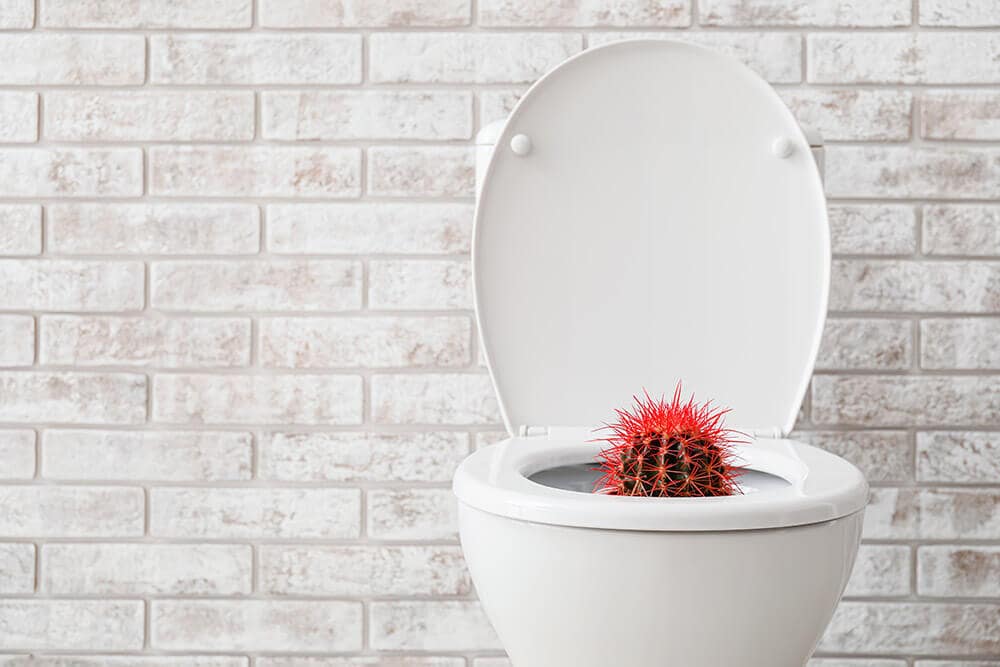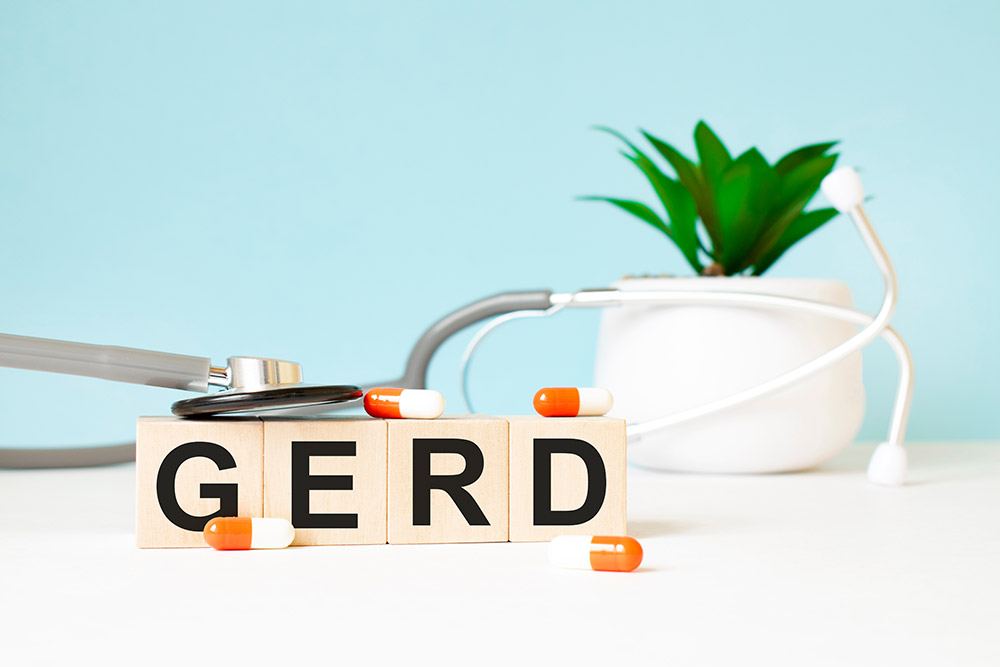What Is a Perianal Fistula?
A perianal fistula is a small tunnel that connects the inside of the bowel to the skin near the anus. It often forms after a painful abscess drains. You may notice pus, blood, or clear fluid leaking from the skin. Dr. Rishi Chadha explains this condition in a way that's easy to understand.
Common Causes and Risk Factors
- Infections or abscesses
- Crohn's disease or other bowel issues
- Past surgery or injury near the anus
- Blocked glands around the anus
- Smoking or a weakened immune system
- Note: Some pets get this too, but Dr. Chadha treats only people
Signs and Symptoms
- Pain when sitting, walking, or using the toilet
- Redness or swelling near the anus
- Ongoing drainage of pus or blood
- Skin itching or irritation
- Fever, if the infection spreads
How Dr. Rishi Diagnoses Perianal Fistula?
Step 1: Medical History & Exam
Dr. Chadha discusses your symptoms, prior abscesses or surgeries, bowel habits, and overall health to identify risk factors.
Step 2: Physical Inspection & Probing
With gentle palpation and, if needed, probing under local anesthesia, he maps the external opening, any secondary tracts, and signs of active drainage.
Step 3: Imaging Studies
- MRI Pelvis: Gold standard to visualize the primary tract, branches, and relation to sphincter muscles.
- Endoanal Ultrasound: High-resolution view of the anal canal to assess sphincter involvement and deeper tunnels.
Step 4: ICD-10 Documentation
Once confirmed, Dr. Chadha uses code K60.3 to accurately record your diagnosis and streamline insurance claims.
Frequently Asked Questions
How long does healing take?
Most people recover in 4 to 6 weeks with proper care and follow-up visits with Dr. Chadha.
What causes a fistula?
Perianal fistulas most often form after a painful abscess drains or in association with Crohn's disease and other bowel issues.
Can diet help prevent it?
Yes. Eating a high-fiber diet, drinking plenty of water, and avoiding straining can help reduce the risk of fistula formation.
Is a fistula like a hemorrhoid?
No. A fistula is an abnormal tunnel connecting the bowel to the skin near the anus. A hemorrhoid is a swollen vein.
Will insurance cover this treatment?
Yes. Most insurance plans cover perianal fistula treatment under ICD-10 code K60.3.
Can it come back?
Recurrence is rare when treated properly. Dr. Chadha's advanced techniques help lower the chance of it returning.
Can it heal without surgery?
Some small or simple fistulas may heal with antibiotics, seton placement, or other non-surgical measures under Dr. Chadha's care.
How do I know if I need surgery?
If the fistula does not improve with conservative treatment or if it's complex, Dr. Chadha will recommend the most appropriate surgical option.
Is it dangerous?
While not usually life-threatening immediately, an untreated fistula can lead to ongoing infection, pain, and abscess formation.
Do you treat animals with this issue?
No. Dr. Rishi Chadha provides perianal fistula care exclusively for human patients at GastroDoxs in Houston.











